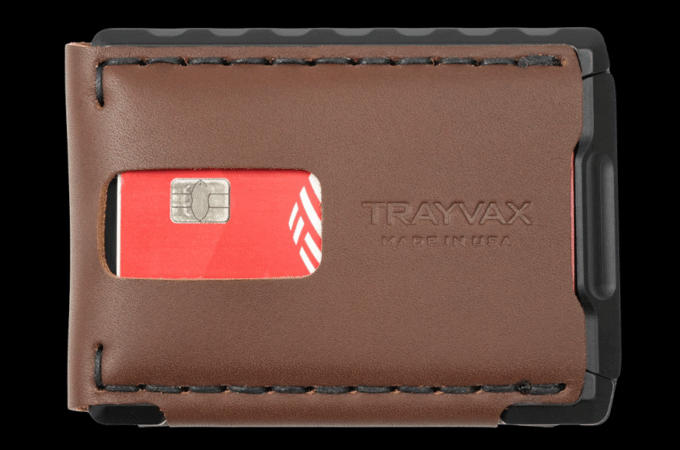
Beginner’s Guide to Online Retailing: Ecommerce for Dummies
Home page Articles Marketing Beginner’s Guide to Online Retailing: Ecommerce for Dummies
Beginner’s Guide to Online Retailing: Ecommerce for Dummies
Posted: 2021-09-04
online sales guide Photo by Gustavo Fring from Pexels
In a world disrupted by a pandemic, online retail sales have exploded. Of course, more retail sales have been made online over the past decade, but with the closure of physical retail stores, people who had never shopped online before have faced the difficult choice of dip their toes into or do without the online retail pool. Econsultancy cited a report showing UK online retail sales rose more than 20% in April, with even higher increases (up to 140% in some shopping categories). In fact, with the exception of fashion, almost all shopping categories have exploded their online sales, forcing high-profile bankruptcy filings for big retailers like JC Penney. Some reports suggest that up to half of all brick and mortar retailers will not survive the pandemic. So if your retail business faces an uncertain future, we’ve put together this guide to online retailing for beginners.
Online retailing has never been limited to products that you can deliver without physical contact – such as travel, books, and music – or services, such as accounting, marketing, and consulting. But, the world of online retailing is growing more than ever. Consumers who were initially hesitant to trust online shopping or who preferred the immediacy of traditional brick-and-mortar stores faced the reality that in-store shopping was gone. Consumers have discovered the convenience of shopping without leaving home, comparing a bunch of options in seconds, shopping in the middle of a sleepless night, or ordering a product when you need it without waiting for time. go shopping. Consumers can shop while feeding the baby, walking the dog, or at a particularly boring Zoom meeting (just kidding… or am I). Consumers are at home so they can check the refrigerator to see if they need milk, measure that window for curtains, or get the opinion of friends and family before ordering. In some cases, consumers find products online for less or have more choice than when they shop in a brick and mortar store. measure this window for curtains or get the opinion of friends and family before ordering. In some cases, consumers find products online for less or have more choice than when they shop in a brick and mortar store. measure this window for curtains or get the opinion of friends and family before ordering. In some cases, consumers find products online for less or have more choice than when they shop in a brick and mortar store.
And, like many other behaviors, once consumers try online retailing, they have discovered its benefits and may never return to traditional stores. Or, at a minimum, consumers will make some purchases online. So the ability to deliver goods to people’s doors benefits consumers, and you miss the boat if your business is not maximizing its online retail potential. Now is the perfect time to build a successful online retail business, but where to start and how do you give yourself the best chance for success? Here’s your guide to online retailing, just in time for your success.
Configure your own site
One way to sell products online is to use your own dedicated website. The advantage of having your own website is that you have full control over your business. You determine how to display your products, the prices to invoice, the currency and credit you will accept, and the terms of delivery. You have to pay less fees to intermediaries who run retail platforms. You will also experience less direct competition since you will not be competing with other brands alongside your products.
The downside to selling on your own website is that you have full control over your business.
Since the site is yours, you are responsible for the traffic to the pages, which is difficult when you are competing with millions of other web pages on the internet. How does your target market find you on this crowded highway?
You’ll need excellent SEO (Search Engine Optimization), which means you’ll need fresh content on a consistent basis just to get started. Then you’ll need easy to use navigation, fast load times, mobile compatibility, and a host of other things just to have any chance of getting traffic and generating sales. . Even with that, you need digital advertising on Google, as well as social platforms.
Speaking of social platforms, you need pages / profiles on the social platforms where your target market is located, content optimized for those platforms, influencer marketing and much more. Next, you’ll need graphics, videos, and other visuals. You really need to hire an experienced website designer to put all the necessary stuff together, and then you need someone to handle everything (the website, social media, and advertising) on an ongoing basis.
It’s not for the faint of heart, but damn it, all the benefits are yours.
Use massive platforms
An alternative to building your own website is to build profiles in established retailer markets and sell from there. Amazon and eBay are examples of these massive platforms. Etsy is also a good option if you are creating custom articles or Fiverr if you have services like marketing, accounting, copywriting, etc.
While you typically pay a percentage of your sales to these marketplace owners, they do the heavy lifting for you.
They drive traffic to your product pages
The marketplace handles all transactions, so you don’t have to worry about payment. Consumers are also more willing to provide financial information, such as credit cards, to the market because they trust them.
The platforms mostly involve models. These templates make it much easier to add your virtual product storefront to their sites.
Many markets offer education and training resources to help you succeed
Marketplaces allow you to trade off the reputation of the existing site, which helps create new customers much easier and faster than going out on your own. Look for guides on how to sell products on Amazon for beginners; to find additional resources such as an online retail guide.
Build trust and reliability
Anyone who runs a successful online business will tell you that good customer reviews are essential to attracting retail customers and retaining existing customers. Consumers can’t touch and smell your product before they buy, and especially if you’re selling from your own website, they don’t even know the products exist. Reviews are essential to making sales, so much so that Amazon has strict review rules to ensure that fake reviews aren’t fabricated to unfairly support your product.





